The CCR Youth Network is proud to present its national Refugees Welcome Here! Youth Photo Projet.
As a leading national voice for the active and engaged refugee rights supporters, the CCR Youth Network organized this project for the following reasons:
- To highlight the faces and voices of former refugees and the many ways that people who came to Canada as refugees are contributing to our communities.
- To promote welcoming communities in Canada through a youth-led initiative that raises awareness by rebutting myths about refugees and exploring what makes refugees feel welcome.
We hope that you will use these stories to promote youth-lead action, inclusion and welcoming communities, or be inspired to start similar projects in your communities!
The project is part of a joint Canadian Council for Refugees (CCR) - Amnesty International refugee awareness campaign: Refugees Welcome Here.
Sharif Mohammad
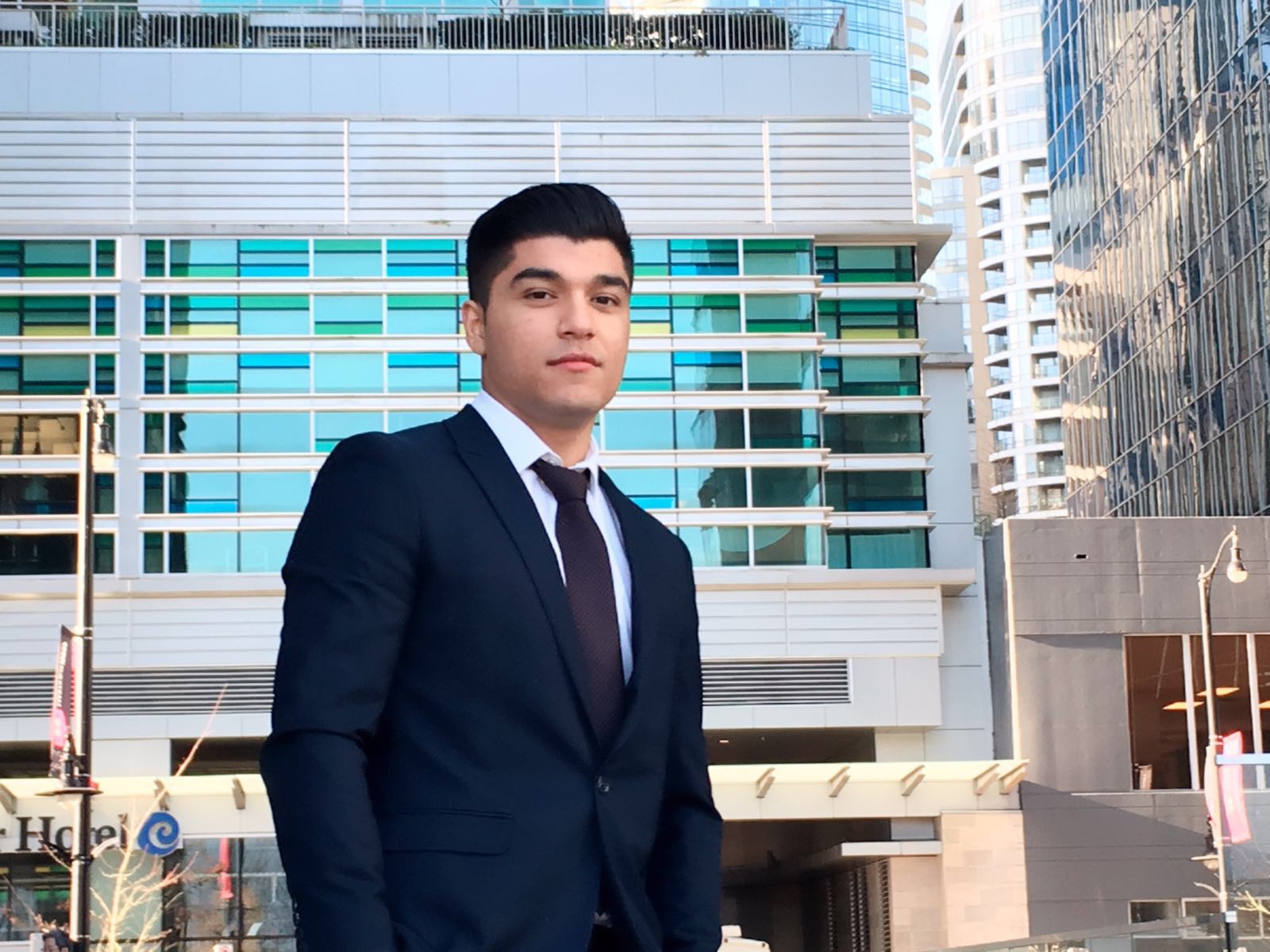 Sharif was born in Afghanistan. He came to Canada in 2013 as a refugee because of threats against his father and family. Sharif’s father decided to send him to a place where he would be safe, Sharif ended up in Canada on his own. He was neither able to speak English nor understood the culture. Sharif was also upset with his family: “I was upset and disappointed at my family for sending me far away to Canada by myself, but I’ve realized that it is time for me to make sacrifices for them.After all they were only trying to save my life”. Today, Sharif lives in a foster home and he feels supported by his teachers, foster family and friends. He is very active in his community. He uses most of his free time volunteering at school, neighbourhood houses and with Fresh Voices at Vancouver Foundation: “Everyday is a new experience for me in this country. I’m always willing to participate in different programs so that I could learn and share my experience with others,” said Sharif.
Sharif was born in Afghanistan. He came to Canada in 2013 as a refugee because of threats against his father and family. Sharif’s father decided to send him to a place where he would be safe, Sharif ended up in Canada on his own. He was neither able to speak English nor understood the culture. Sharif was also upset with his family: “I was upset and disappointed at my family for sending me far away to Canada by myself, but I’ve realized that it is time for me to make sacrifices for them.After all they were only trying to save my life”. Today, Sharif lives in a foster home and he feels supported by his teachers, foster family and friends. He is very active in his community. He uses most of his free time volunteering at school, neighbourhood houses and with Fresh Voices at Vancouver Foundation: “Everyday is a new experience for me in this country. I’m always willing to participate in different programs so that I could learn and share my experience with others,” said Sharif.
A photo and submission by Truepayna Moo,Youth Advisory Team members – Fresh Voices Initiative of Vancouver Foundation
--------
An Abstract Idea
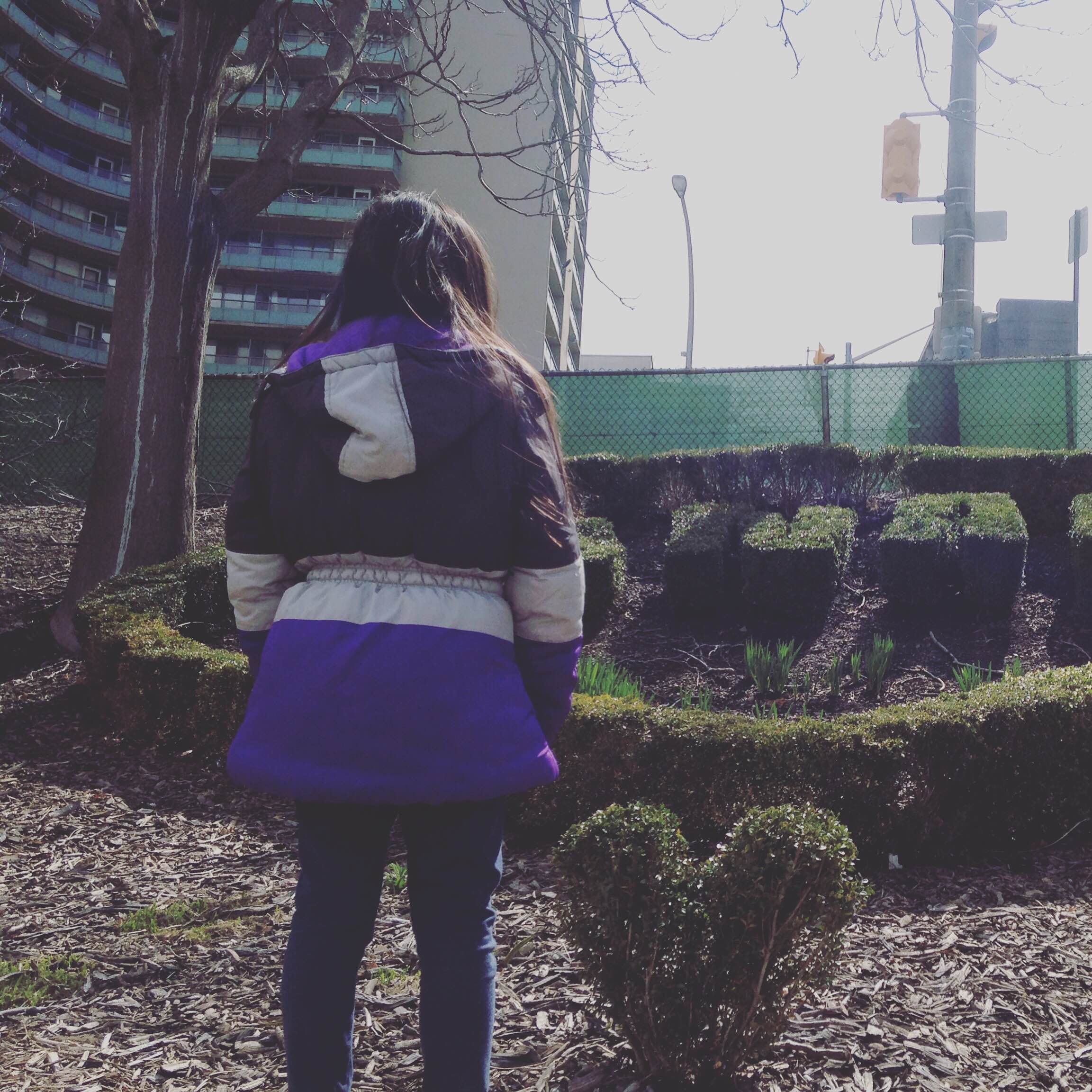
As children, we are given no choice but to follow our parent’s decisions. It is not our fault that we end up where we do, but we are not always told that it isn’t our fault. We’ve traveled through many countries, some safer than others, some temporary “homes” while the faint veil of safety lasts.
We (as migrant children) grew up in a society different from our parents'. We’ve grown knowing fear, we’ve grown knowing pain and we’ve grown knowing that running away is not as cowardly as some make it out to be. Running away is the only option sometimes.
We grew up calling so many places home, that the traditional definition of ‘home’ ended up becoming obsolete to us. Home is an abstract idea, something you can mold, shape and adapt in many different ways. Those who don’t see running away as an option, don’t really understand it… But that’s okay. We've had many homes…Eventually, Canada, became home. Hopefully, it can become home for many others as well.
-------
Tijash Ruiz
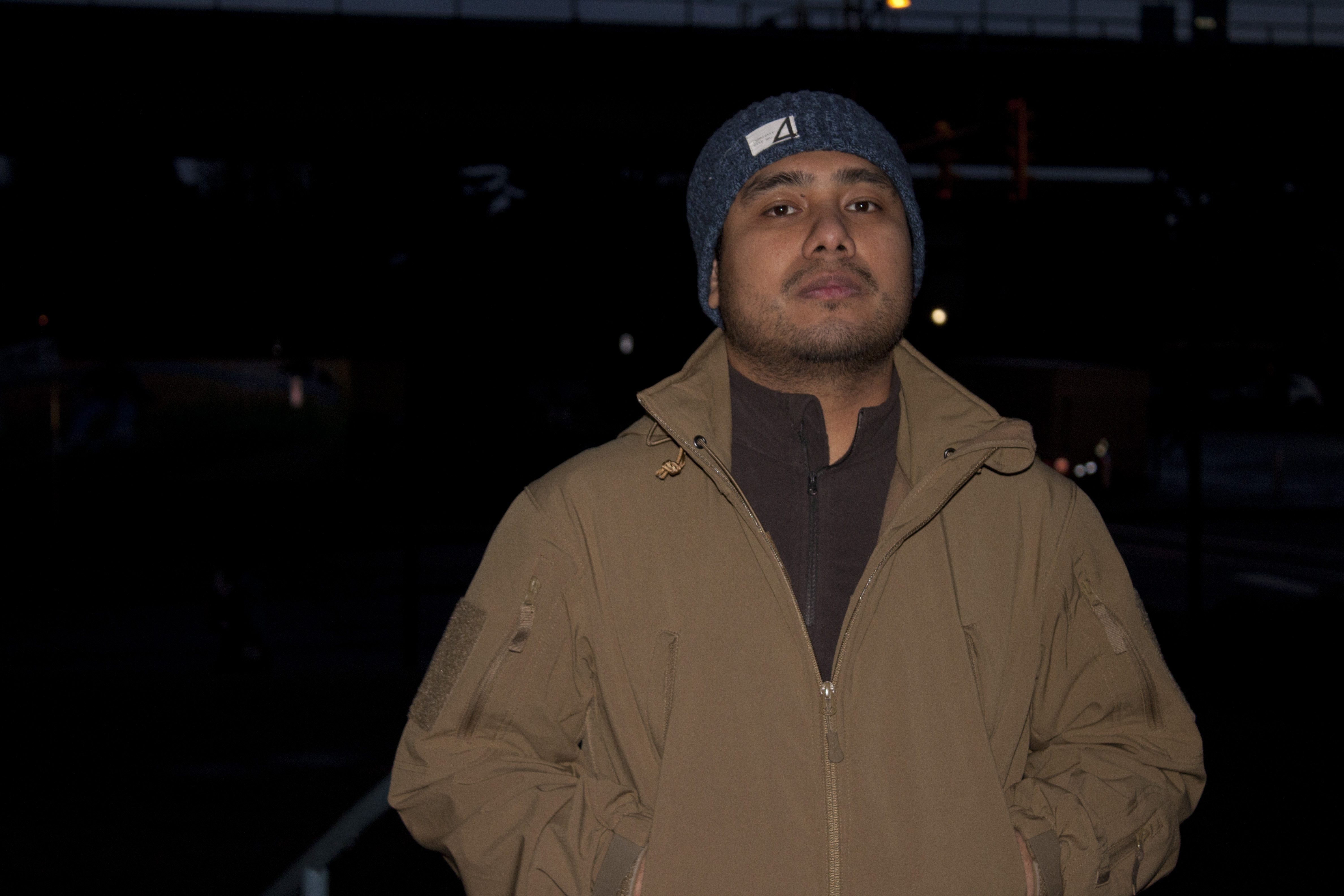
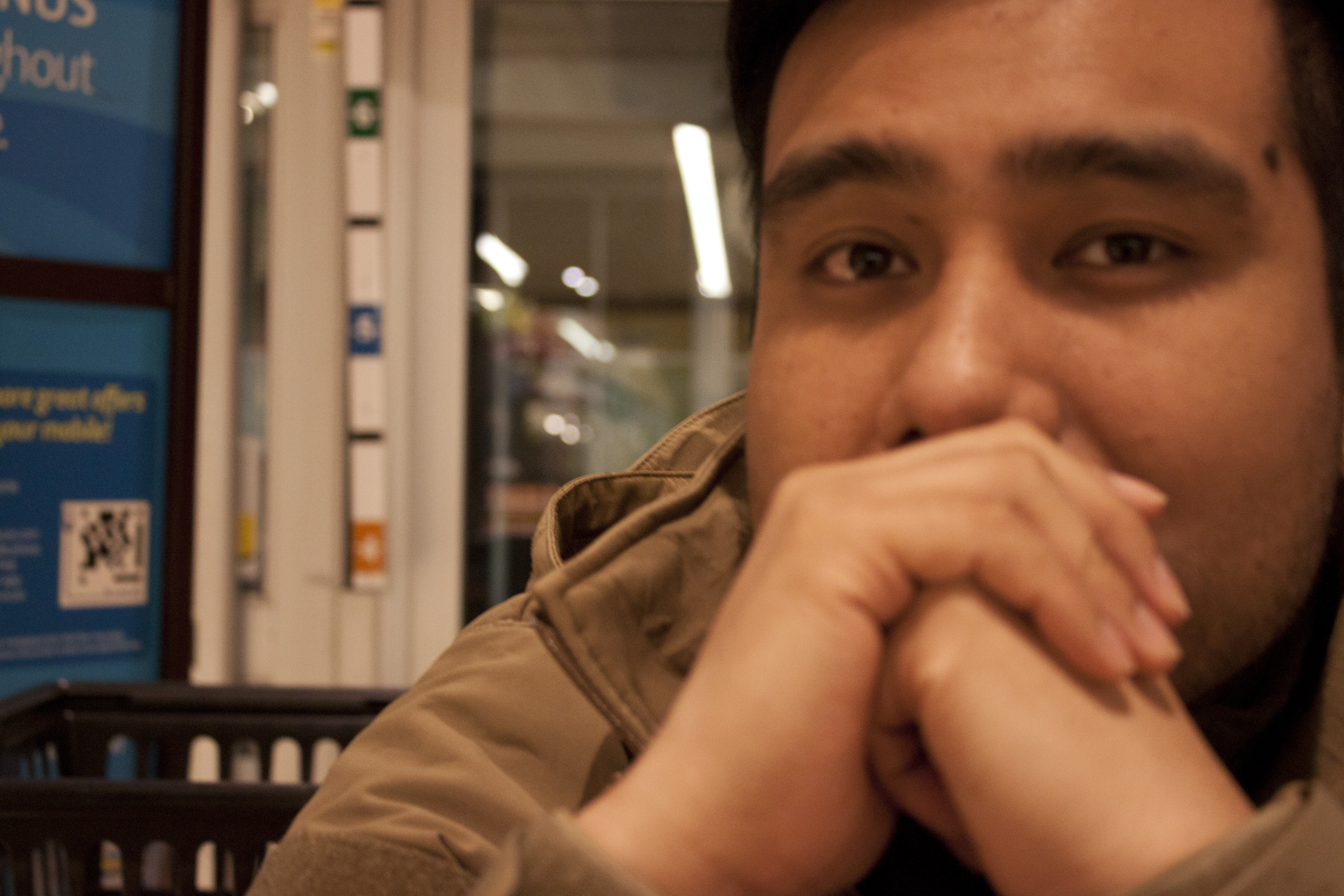
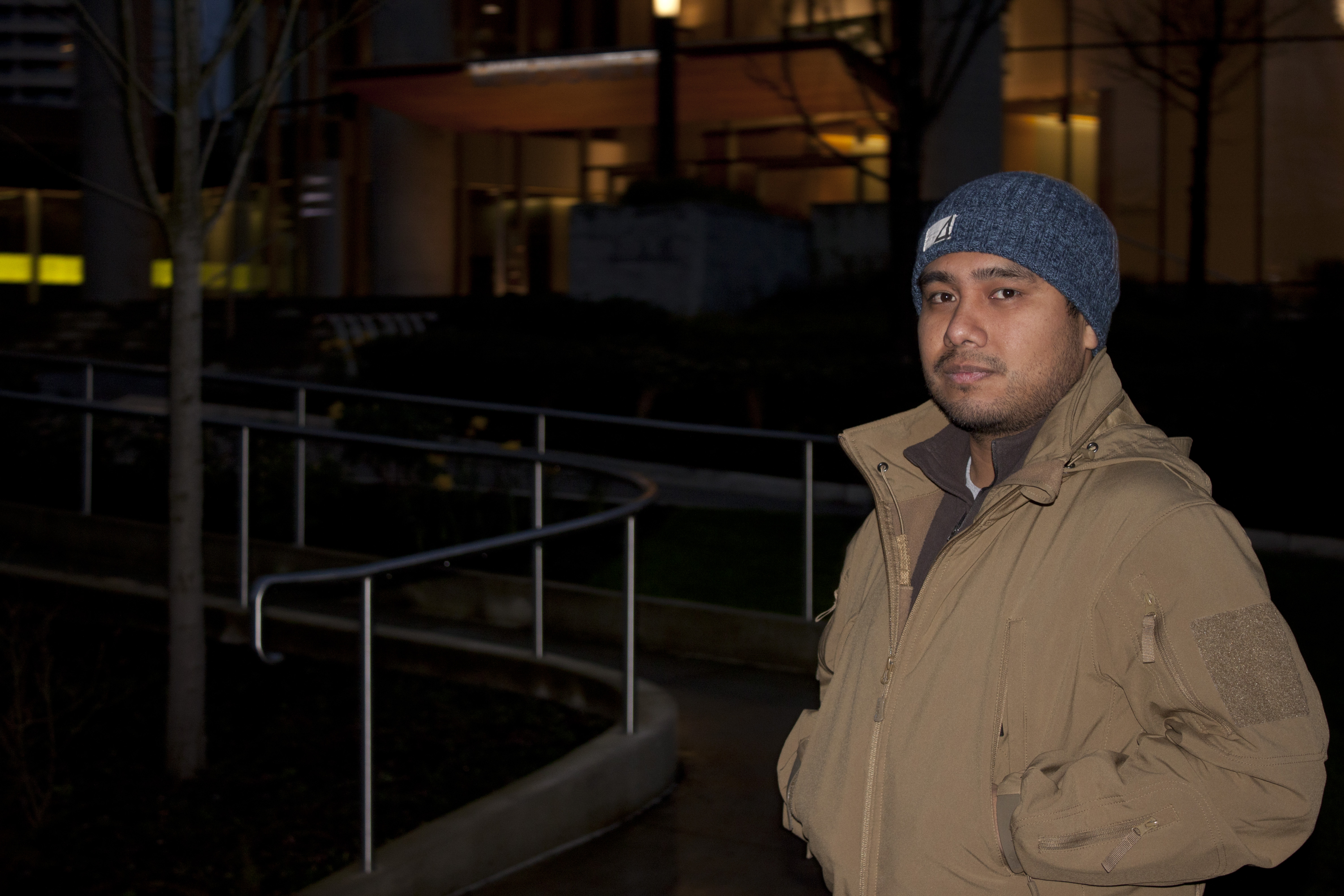
"Before I was born my dad was kidnapped and held for 63 days. They were torturing him the whole time … That was why my parents fled to Mexico and stayed in refugee camps, and those refugee camps were horrible…
I am thankful of the fact that I am a refugee because it made me the person that I am today. I am thankful because it showed me how significant life is: it makes me appreciate life every single day. And at the same time it made me very aware of all the horrible things that are happening in the world. When I see a refugee, I don’t see a victim, I see a survivor, because they come from pain and suffering and still continue smiling and loving others.
For refugees, the most important thing is to come together in community, be united and acknowledge the fact that there are people who know what you have gone through and how you feel … My grandpa used to say: “One person can change something within themselves, if they are in a family they can change the family, but it’s only with the community that the person can change themselves, and their family, and eventually the community will be able to change the world.” '
Tijash is a young adult whose involvement in community is mostly based on his experiences as an Indigenous Mayan and his family’s refugee background.
A photo and submission by Golsa Golestaneh, Youth Advisory Team member – Fresh Voices Initiative with Vancouver Foundation
---------
Truepayna Moo
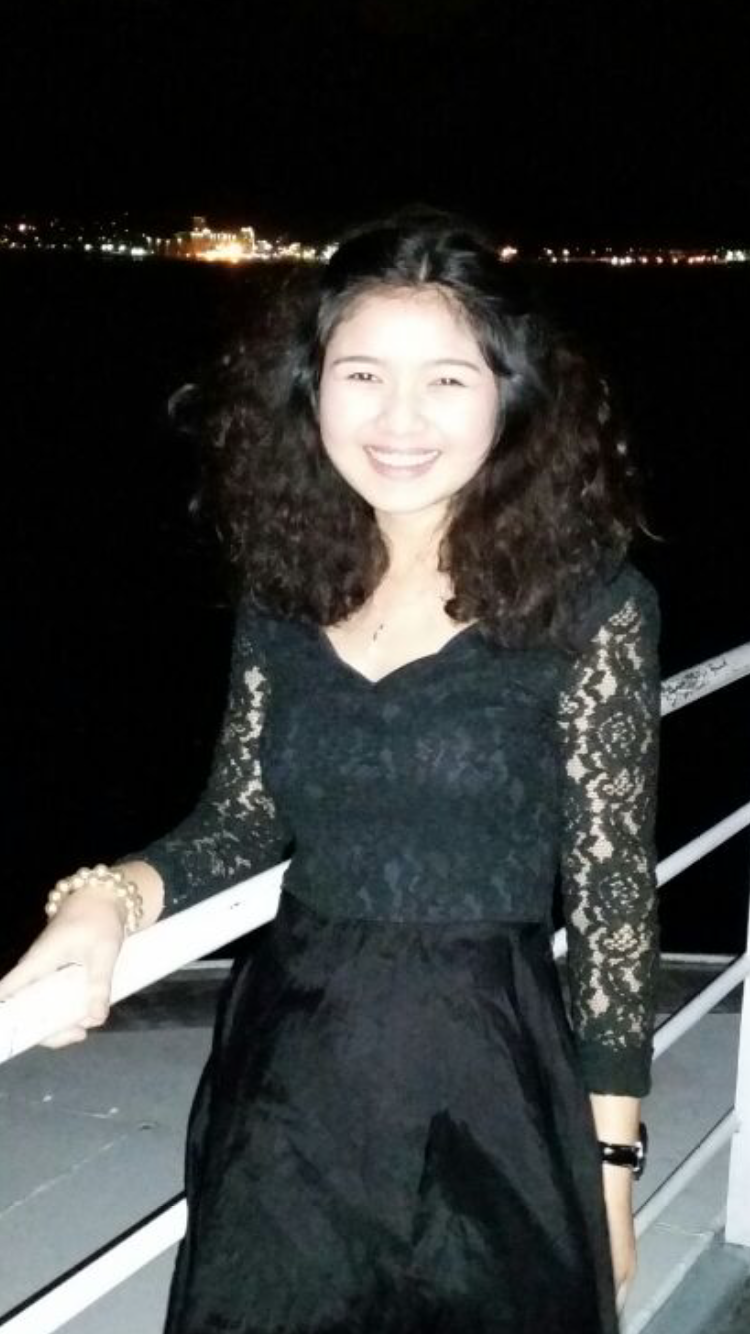
Truepayna came to Canada in 2007 as a Karen refugee. In the mid-1990s, her parents sought safety in a refugee camp along the border of Thailand after fleeing violence in their home territory in the Karen State, Burma (Myanmar). In 1997 she was born in an isolated refugee camp.
“Life in the refugee camp was like a pitiful bird without wings,” said Truepayna.
At the age of 9, her family had the opportunity to resettle in Langley, BC, with a large group of other Government Assisted Refugees (GAR) from the Karen community. This opportunity has shaped her life and helped her give back to the community. It has given her the ability to analyze and understand situations from a Canadian perspective and also from a Karen perspective. Truepayna’s experience as a refugee has made her very passionate about combating stigma and discrimination of refugees, she shares her story hoping thisincreases others understanding towards diverse cultures.Truepayna is currently a full time student and works part time. She says: “Life now in Canada is like a powerful bird with beautiful wings”
Truepayna recommends the government to invest in education for refugees as a way to make lasting solutions to issues of settlement.
A photo and submission by Sharif Mohammad, Youth Advisory Team members, Fresh Voices Initiative with Vancouver Foundation
